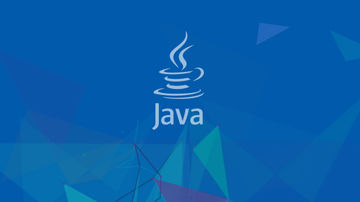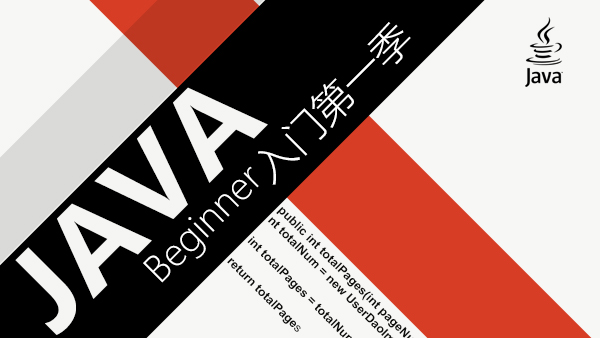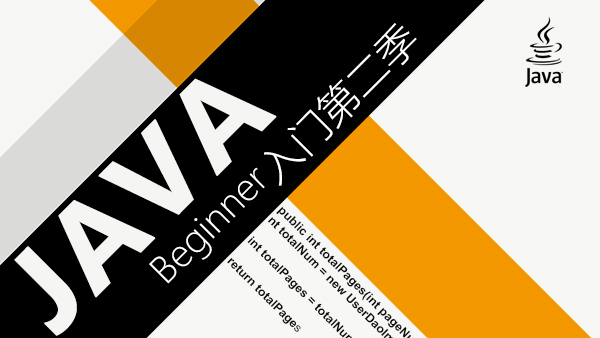注:本文为译文,原文出处 java-design-patterns-in-stories
状态模式主要用于在运行时改变状态.
状态模式故事
人们生活在不同的经济条件下. 他们或许富有或许贫穷. 这两种状态 - 富有与贫穷 - 可以随时间相互转换. 例子背后的启示: 人们通常在贫穷时候工作的更加努力, 而富有时则更乐于享乐. 他们的行为依赖于他们的生活状态. 这个状态可以基于他们的行为被改变, 不然, 这个社会就不公平了.
状态模式类图
下面是类图. 你可以拿 策略模式 来进行比较, 以便能更好的理解两者的不同.

状态模式Java代码
下面的Java代码体现了状态模式是如何进行工作的.
状态类.
package com.programcreek.designpatterns.state;
interface State {
public void saySomething(StateContext sc);
}
class Rich implements State{
@Override
public void saySomething(StateContext sc) {
System.out.println("I'm rick currently, and play a lot.");
sc.changeState(new Poor());
}
}
class Poor implements State{
@Override
public void saySomething(StateContext sc) {
System.out.println("I'm poor currently, and spend much time working.");
sc.changeState(new Rich());
}
}状态上下文类.
package com.programcreek.designpatterns.state;
public class StateContext {
private State currentState;
public StateContext(){
currentState = new Poor();
}
public void changeState(State newState){
this.currentState = newState;
}
public void saySomething(){
this.currentState.saySomething(this);
}
}测试类.
import com.programcreek.designpatterns.*;
public class Main {
public static void main(String args[]){
StateContext sc = new StateContext();
sc.saySomething();
sc.saySomething();
sc.saySomething();
sc.saySomething();
}
}输出结果:
I'm poor currently, and spend much time working. I'm rick currently, and play a lot. I'm poor currently, and spend much time working. I'm rick currently, and play a lot.

 随时随地看视频
随时随地看视频




